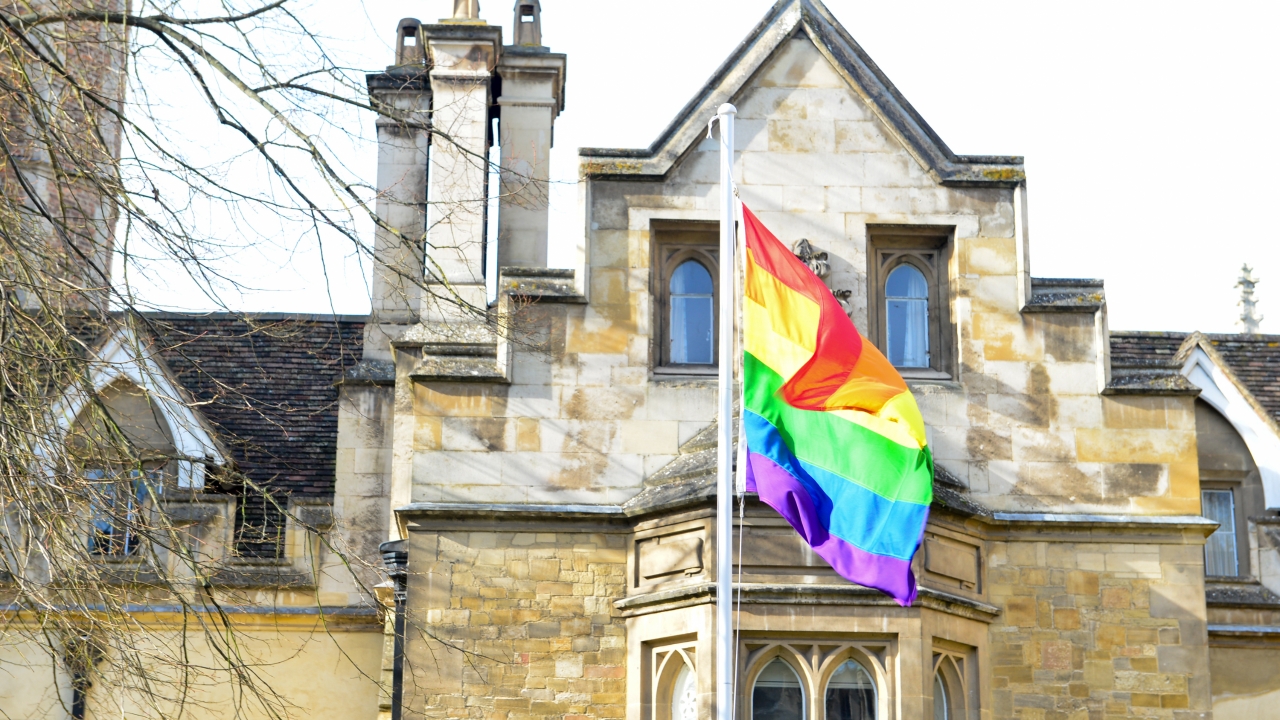
Can Christians Still Attend State Universities?
I have taught philosophy and religious studies at Arizona State University for twenty-four years. One of the most common questions I get from Christian parents is whether they can send their child to a state university without their faith being attacked. My answer has shifted over the years. It has always included some version of: You need to know your child and how strong they are in their faith. But now it also includes: Your child’s faith will be directly attacked from every angle. How did we get here?
I was a student at Arizona State during the time of “multiculturalism.” Very few of my professors were practicing Christians—a significantly lower proportion than among the student body they served—and this would come out in their teaching. Nevertheless, the official policy of the state universities was that all cultures and religions were on equal footing. Though the claims of our Christian faith are uniquely true, in a pluralist society each religion’s adherents think the same about their religion, and in this era vigorous debate in and out of class was possible.
Then times changed. Sometime around 2008, I noticed an increased boldness in the non-Christians. One way to describe it was that they seemed to think they were on the cusp of arriving at the progressive utopia; that the last vestiges of hindrance could be swept away before a golden age began. Conservative Christianity was one such hindrance. Our faculty meetings increasingly became political, to the point that they sounded like a planning committee for the Democratic Party. One faculty member boasted that a local Republican legislator had taken offense at her assignment to have students stand on the side of the road with signs promoting masturbation, and I won’t even tell you about her "menstrual activism assignments.” It was a badge of honor for her to know this offended conservatives.
Then, in 2016, any remaining restraint was abandoned. Some faculty routinely spoke disparagingly of evangelicals for electing President Trump. No director, dean, or administrator of any kind stepped in to urge restraint and remind faculty that many of our students are evangelicals. In fact, the director of my School (Humanities, Arts, and Cultural Studies) started pushing a “decolonize your classroom” program. (“Decolonizing” is an explicitly anti-Christian Marxist philosophical concept.) I was alone among the faculty to speak up and point out how inappropriate it was for the school to adopt this philosophy, but no one cared.
That brings us to DEI: Diversity, Equity, and Inclusion (a triad to which ASU also added Belonging). This program slipped into the university with arguments about impact and democracy. We expect a state university to show it is indeed having a positive impact, so when the stats show that certain groups underperform others, this seemed to warrant investigation.. What challenges do these students face that their teachers can help with? How can that be remedied? These are perfectly understandable questions for any teacher.
But then the real ideas behind this became public. In November 2023, I received an email about required employee DEI training. As I looked at this training, I saw that it revolved around teaching about the evils of “whiteness” and “heteronormativity.” It clearly privileged an anti-Christian perspective. I objected to taking it, and my case was picked up by the Goldwater Institute, which is now representing me against ASU. Our claim is that ASU is violating Arizona law by teaching race blame. This anti-Christian philosophy was now required for all ASU employees. The pretense of neutrality at state universities was gone, multiculturalism was forgotten, and a new orthodoxy was enforced.
I hope you can see why my answer to the question from Christian parents on just how attacked their faith will be at college has changed.
Regarding the current challenge, parents and students are also taxpayers, and I encourage them to get involved in requiring state universities to drop their anti-Christian DEI programs, and any other Marxist teaching. Teachers can be in favor of helping all students overcome whatever challenges they face without engaging in race blame about ‘whiteness’ or promoting some ‘infinite genders’ sexual philosophy.
Parents and students should support colleges and universities that build up the Christian faith, which a state university can perhaps even do by focusing its teaching on classical ideas about Truth, Beauty, and Goodness known from general revelation. When they have abandoned that aim - and more often than not, they have - they suffer the consequences outlined in Romans 1. Christians need to know this before they decide to attend, and at the very least be prepared.
